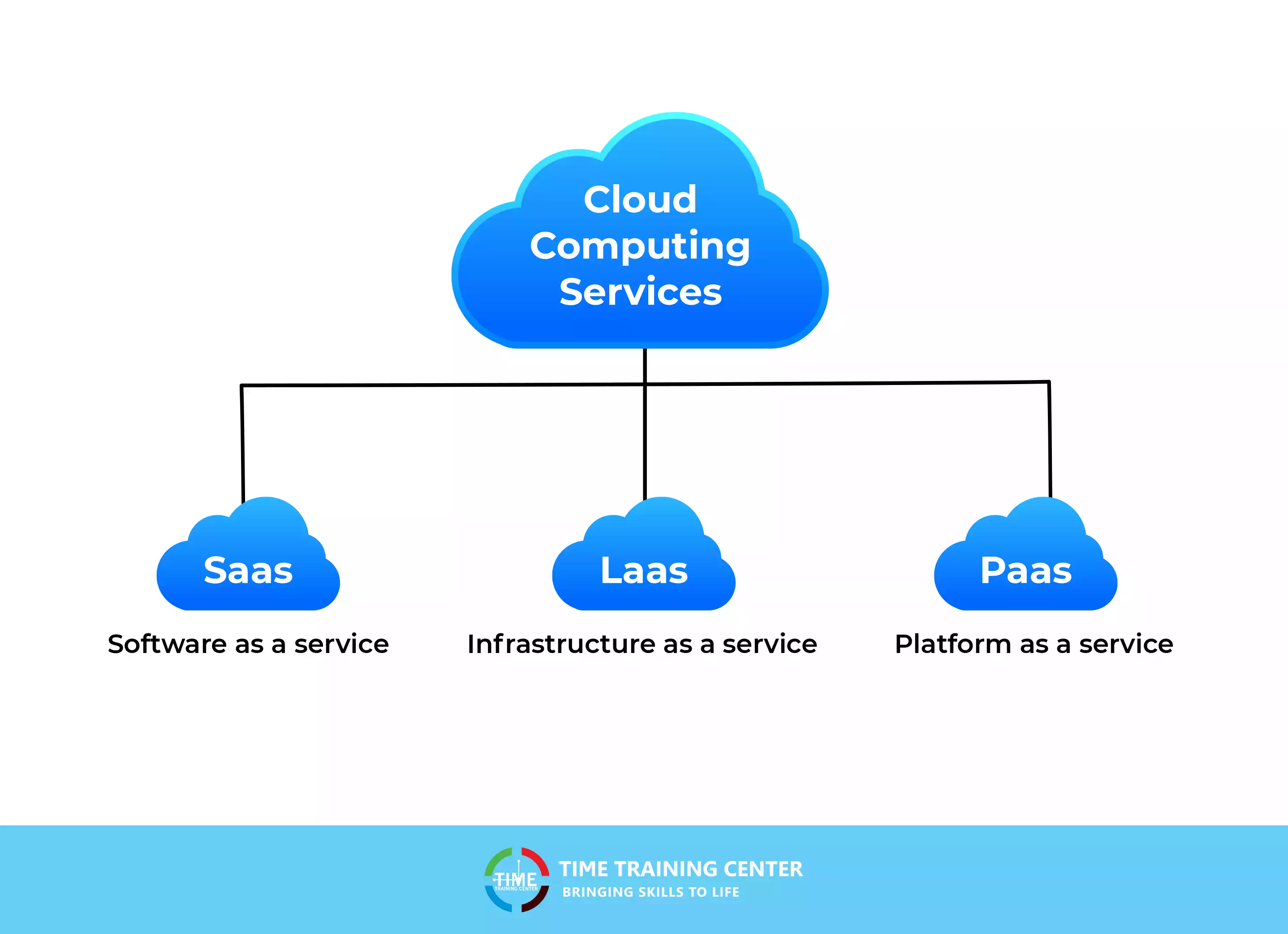Streamline IT Management With Cloud Solutions
In today's quickly evolving electronic landscape, the duty of IT monitoring is coming to be significantly complicated. Organizations are frequently seeking means to enhance their IT operations to remain nimble and affordable. Cloud services have become a viable service for companies wanting to improve efficiency, lower costs, and boost general IT efficiency. By accepting cloud modern technology, companies can accomplish higher versatility, scalability, and security in handling their IT facilities. How precisely do these cloud solutions revolutionize traditional IT monitoring methods? Allow's discover the transformative impact of leveraging cloud services on IT procedures and the vital factors to consider for effective application.
Advantages of Cloud Solutions

Additionally, cloud solutions enable organizations to enhance their functional effectiveness by enhancing processes and reducing the moment and sources needed for handling IT infrastructure. With cloud solutions, businesses can automate routine tasks, such as software updates and information back-ups, releasing up IT teams to concentrate on even more critical efforts that drive organization value.
Enhanced Scalability and Flexibility
Cloud solutions provide businesses with exceptional scalability and adaptability in managing their IT sources efficiently. With cloud services, companies can rapidly scale up or down their computing resources, storage space capacity, and network data transfer to satisfy changing needs without the need for considerable upfront investments in hardware.
In addition, cloud solutions give the flexibility to choose from a range of solution versions, such as Infrastructure as a Service (IaaS), System as a Service (PaaS), or Software as a Solution (SaaS), based on the particular requirements of the business. The enhanced scalability and versatility supplied by cloud services encourage businesses to enhance their IT operations and remain active in today's vibrant market setting.

Cost-Effectiveness and Cost Savings
With the capability to successfully designate resources based on need, companies using cloud solutions can harness substantial cost-effectiveness and understand substantial cost savings in their IT procedures. In addition, cloud solutions reduce upkeep expenses by changing the duty of equipment maintenance and software program updates to the solution company. On the whole, the cost-effectiveness and financial savings achieved through cloud services allow services i thought about this to reapportion resources towards development and growth initiatives.
Improved Security and Compliance
Enhancing the general security stance and making sure governing conformity are vital factors to consider for companies leveraging cloud services in their IT administration approaches. Cloud company use innovative safety and security actions, such as data file encryption, multi-factor authentication, and automated backups, which can reinforce a company's security framework. These companies also adhere to rigid regulatory standards, such as GDPR, HIPAA, and PCI DSS, aiding organizations satisfy conformity demands better.
Carrying out cloud solutions can improve protection by offering streamlined control over access management, tracking, and data protection. This centralized strategy streamlines security administration and guarantees regular application of safety and security policies throughout the company. Furthermore, cloud solutions typically supply real-time protection updates and spots, lowering the risk of vulnerabilities and potential violations.
Best Practices for Cloud Application
Implementing cloud solutions successfully needs a structured approach that encompasses detailed preparation and persistent execution. To guarantee a smooth transition to the cloud, companies ought to begin by carrying out a comprehensive evaluation of their present IT facilities and recognizing which workloads are suitable for migration. It is necessary to develop clear purposes and specify crucial efficiency indications (KPIs) to measure the success of the cloud application.
Among the most effective techniques for cloud implementation is to very carefully select a cloud company that straightens Discover More Here with the company's needs in regards to protection, compliance, scalability, and cost-effectiveness. Furthermore, developing a comprehensive movement plan that describes the actions included, timelines, and obligations is vital for a successful implementation.
Frequently keeping track of and maximizing cloud sources to make sure reliable efficiency and price management is an additional vital element of cloud implementation best practices. Continuous examination of the cloud setting and staying educated regarding updates and new attributes used by the cloud company can better enhance the organization's cloud technique. By complying with these best practices, organizations can streamline their IT administration and make best use of the advantages of cloud solutions.
Final Thought
Finally, leveraging cloud solutions for IT management supplies many advantages, including enhanced scalability, cost-effectiveness, improved security, and conformity. By complying with best methods for cloud implementation, organizations can enhance their IT procedures, automate regular jobs, and maximize source allocation. This structured strategy allows IT teams to concentrate on calculated initiatives and innovation, ultimately providing value to the company. In general, cloud services boost operational performance and dexterity in handling IT framework.
Furthermore, cloud solutions offer the flexibility to pick from a range of solution models, such as Infrastructure as a Solution (IaaS), System as a Service (PaaS), or Software as a Service (SaaS), based on the particular demands of the company. Additionally, cloud services decrease upkeep costs by moving the responsibility of hardware upkeep and software program updates to the solution company.Enhancing the overall safety and security pose and making sure governing compliance are vital considerations for businesses leveraging cloud services in their IT monitoring techniques.Regularly monitoring and maximizing cloud sources to make sure effective efficiency and cost monitoring is one more essential element of cloud execution best practices. Continual examination of the cloud atmosphere and staying educated about updates and brand-new attributes used browse this site by the cloud provider can even more improve the organization's cloud strategy.